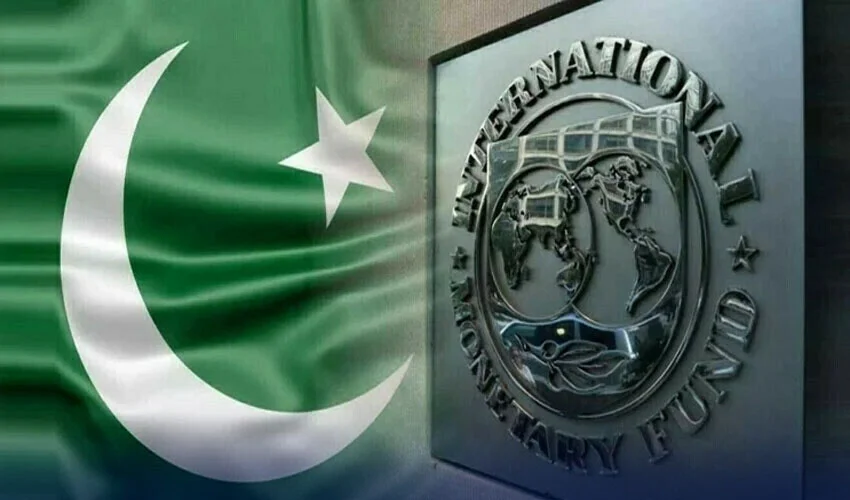Islamabad, April 04: A delegation from the International Monetary Fund (IMF) has arrived in Pakistan to conduct a comprehensive assessment of governance and corruption as part of ongoing reform discussions.
Key Objectives of the IMF Mission
The IMF team will hold meetings with Pakistani officials starting Monday, focusing on:
- Technical assistance to enhance Pakistan’s reform capacity
- Governance improvements and anti-corruption measures
- Review of fiscal year 2025-26 budget proposals
- Tax revenue enhancements & expenditure control
Sources indicate that the IMF will engage in follow-up negotiations regarding technical support for governance reforms.
The team will also work with Finance Ministry officials to finalize proposals for the upcoming 2025-26 federal budget, expected to be presented in the National Assembly in early June.
IMF Commends Pakistan’s Fiscal Efforts
On March 26, the IMF praised Pakistan’s fiscal policies, acknowledging progress in:
✔ Reducing public debt
✔ Controlling inflation
✔ Enhancing tax equity
✔ Maintaining price stability
Recent IMF-Pakistan Agreement
Last month, Pakistan secured a $1.3 billion deal with the IMF under its ongoing 37-month bailout program. The first review of the arrangement was successfully concluded, paving the way for continued economic reforms.
Recent Engagements
In 2023, Pakistan secured a $3 billion Stand-By Arrangement (SBA) to avoid a sovereign default amid a severe economic crisis.
The IMF disbursed $1.2 billion upfront, with the remaining tranches conditional on meeting key reforms. The program focused on:
✅ Controlling inflation
✅ Increasing tax revenues
✅ Reducing subsidies
✅ Enhancing governance & transparency
In March 2024, the IMF praised Pakistan for improving its fiscal policies, particularly in reducing debt, controlling inflation, and maintaining economic stability.
In April 2024, both sides reached an agreement for a new $1.3 billion arrangement, continuing their engagement beyond the current program.
Challenges & Reforms
While the IMF programs provide short-term financial relief, Pakistan faces long-term structural challenges, including:
📉 Low tax-to-GDP ratio
🏭 Underperforming state-owned enterprises
⚡ Energy sector circular debt
📊 Weak governance and corruption issues
To address these concerns, the IMF delegation is currently in Pakistan to review governance, anti-corruption measures, and budget planning for FY 2025-26.
Future Outlook
Pakistan’s economy remains heavily dependent on IMF support, making sustainable economic reforms crucial.
Experts suggest that diversifying revenue sources, improving exports, and reducing reliance on external borrowing will be key to breaking the IMF bailout cycle in the long run.
